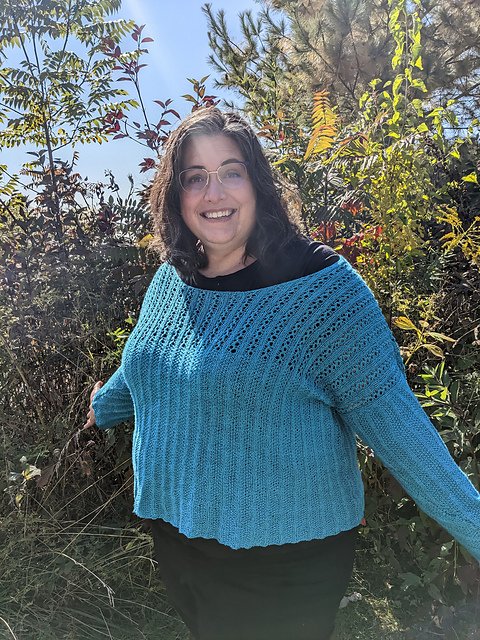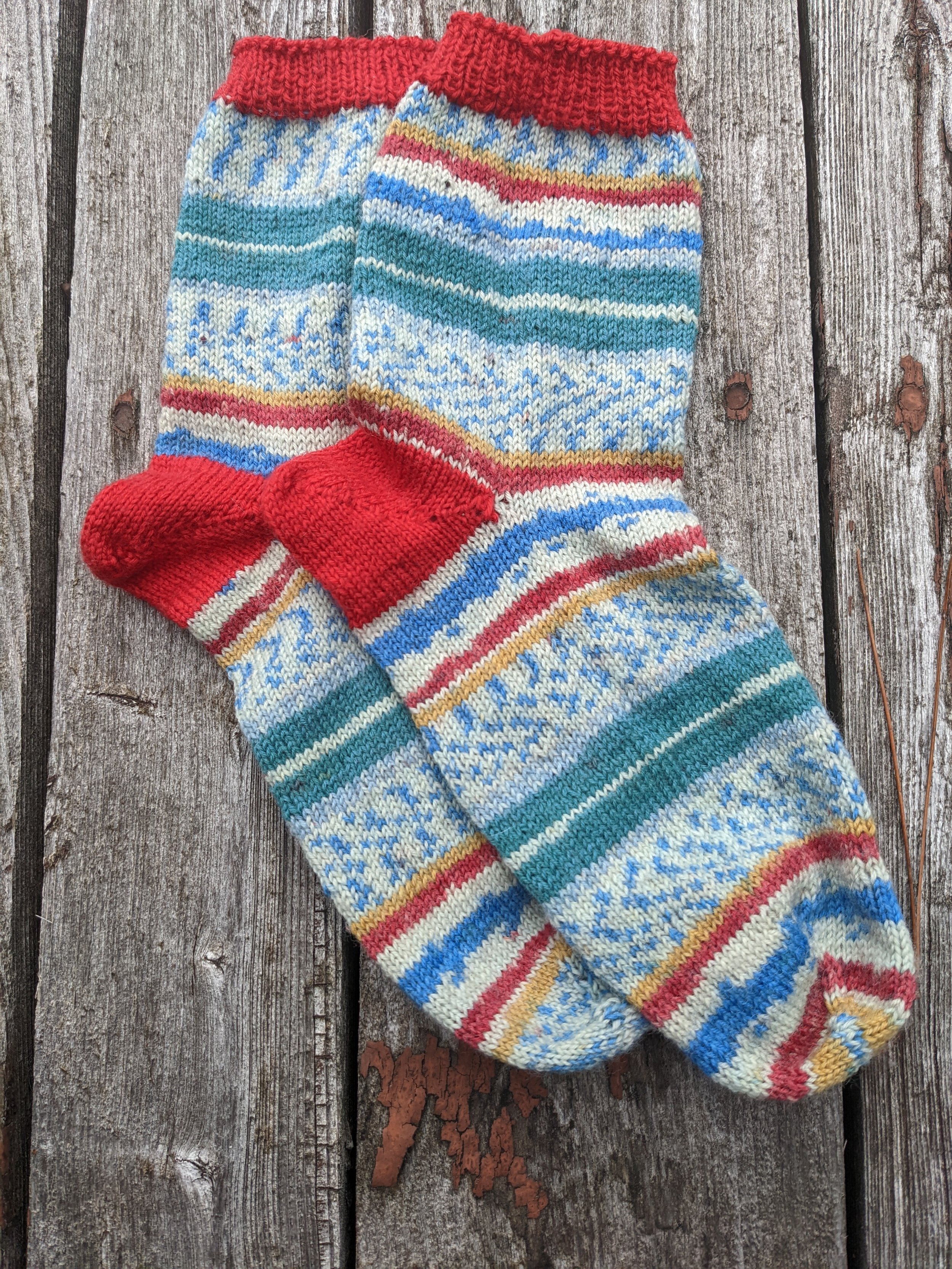I said I was going to spend March reading banned and challenged books. Many of the books I read this month were indeed challenging. Grueling even, in some cases. After a few months of not feeling quite up to emotional snuff, I'm not really sure why I decided to do this. I made it just over halfway through the month before I decided to switch gears.
Here are the banned books I read:
When Everything Feels Like the Movies by Raziel Reed won the Governor General's Award for Children's Literature in the young adult category, which touched off petitions because of its very adult themes. I found it rather repugnant (vulgar, crass, choose your own adjective) at first, if I'm honest, then a single sentence gave me a way in: "I wanted them to hate me; hate was as close to love as I thought I'd ever be." Suddenly, I went from being perplexed and repulsed by Jude – the young, gay, cross-dressing, provocative protagonist – to feeling much more empathetic. I don't think either of my children (12 and 14 years old) are emotionally mature or worldly enough to read it yet, and I'm grateful they're sheltered. I would be very uncomfortable with this book being on the shelf of a grade school library. But, say, grade 11 and 12? Yup - especially with access to supportive material and good conversation.
A Jest of God by Margaret Laurence is another GG winner. A quiet book about the constrained, strained life of a Manitoba school teacher seems a surprising source of controversy now, but when you consider that it was published in 1966, it makes more sense. The unmarried main character has sex; she contemplates abortion if she were to become pregnant. She gets away with her sins unpunished. Shocking stuff then; still a beautiful exploration of a woman trying to survive a life lived within society's narrow expectations for her. The mother–daughter relationship is especially painful. This book holds up, even if it's shock value has evaporated.
The Apprenticeship of Duddy Kravitz by Mordecai Richler. Duddy is pretty much an asshole, but hey, that's no reason to ban him. I can't say I'm a huge Mordecai Richler fan, but he sure does create a vivid and realistic world of Anglo-Jewish Montreal in the mid-century.
The Jungle by Upton Sinclair was published in 1906, but it's waaay too current feeling in many respects. A fictionalized account of an immigrant family trying to make a living in the meat-packing district of Chicago at the turn of the previous century, this is a difficult read. I had to take breaks and read something else several times before I could get all the way through it. So much hardship and sadness and poor judgement and naivete and cynicism and general grossness. It apparently led to many reforms in the food industry as well as strengthened government regulations. Unfortunately, it did not do much to achieve Sinclair's principal goal, which was better working conditions for the labour force. In his own words: "I aimed at the public's heart, and by accident I hit it in the stomach."
I Am the Cheese by Robert Cormier is a novel geared at young teens. When it was first published in the 70s, it apparently reinvented fiction for this age group. Told in disjointed flashbacks by an unreliable narrator, it builds suspense to the very last page. I'm not sure why it would have been banned – maybe because of the government as bad guy inferences? Some swears? Doesn't have a happily ever after ending? Clearly, it was a different time. Compare it to Reed's book, and it seems so quaint! But it opened the door for much more subversive and dark YA books to come.
Are You There, God? It’s Me, Margaret by Judy Blume. Whisper, whisper, whisper. This book was a classic by the time I was a kid. I remember it was one of the books in our school library marked with a sticker that said "Grade 7 and 8 only." Sweet, sweet forbidden fruit. This is a great example of society's shaming of the most natural biological functions. Margaret wants to grow boobs. She's anticipating her first period. Shock, horror! It's a perfectly nice, somewhat dated read that never hurt anyone.
Three Wishes: Palestinean and Israeli Children Speak by Deborah Ellis is a series of interviews with kids living in the war zone. Maybe I don't know the issues intimately enough (I don't), but I appreciated how this book gives voice to the children without pushing a specific agenda - other than, you know, war is bad for children and other living things.
The Chocolate War by Robert Cormier has some casual misogyny here and there sprinkled in that stuck in my craw. In my mind, that's what dates it and would make me uncomfortable with kids reading it without additional contextualizing and discussion. I'm sure the objectification of girls and women aren't want earned it the attention of banners though – most likely, it was the swearing, maybe the violence, most certainly the masturbation.
Blubber by Judy Blume features Jill, a fifth grader who is pretty much a jerk and a follower. I was surprised at what an unsympathetic character she is. With much greater awareness and discussion of bullying in schools these days, I wonder how much currency this novel still has with the grade school set, or maybe even more than in the past when the theme of "bullying" was enough to earn a book a banning.
Alice’s Adventures in Wonderland by Lewis Carroll. He was on drugs, right? It's all drug references, right? I mean, a hookah? Mushrooms? A pig–baby fantasy/hallucination? But it was banned in China for the talking animal characters, so what do I know...
And that's where the banned books end. I did not make it through the whole month reading only banned books. I think it was the 17th when that resolution ground to a halt.
After a snowed-in day at the cottage on March Break (heaven!), I ran out of reading material - okay, I didn't technically run out of things to read. I could have dove into the back copies of Ontario Out of Doors magazine and Readers' Digest or about three dozen Louis Lamour novels. But I did run out of banned books, and I didn't feel like learning about best lures for big water bass, three ways grapefruit can kill you, or sexy/deadly times in the old west.
So I dove into my peeps' library books, and once we were plowed out, we took a jaunt into Almonte to an absolutely lovely book shop, Mill Street Books (52 Mill St, Almonte). You should go there and spend all your monies.
As You Wish: Inconceivable Tales from the Making of The Princess Bride by Cary Elwes and Joe Layden. Andre the Giant really was the best. Sigh.
Still Life by Louise Penny. So, so much better than your average murder mystery. Beautifully written.
The Sweetness at the Bottom of the Pie by Alan Bradley. Charming and thoroughly enjoyable.
Here Comes the Bribe by Mary Daheim. Meh. (I'm not ready for punny cozies yet.)
Last Year by Robert Charles Wilson. Time travel, sort of. So original, so good.
Dark Matter by Blake Crouch. Time travel, sort of. Also so original and so good - a completely different way than the preceding novel. I lost sleep because I could not put this book down.
And the other thing that happened in the past few days? The Canada Reads live discussion and voting. In an utter travesty, The Break was voted off first. I now know how people get so worked up about their team losing in the playoffs. I'm still grumpy about it. Hmph!




